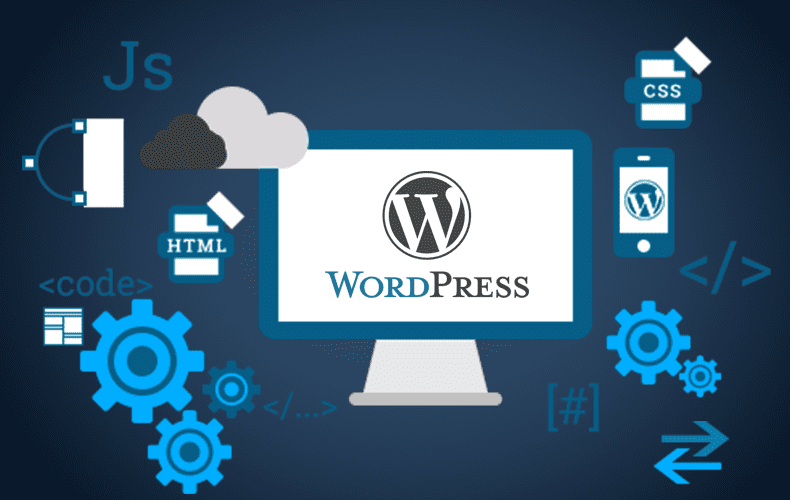With approximately 60% market share, WordPress is the world’s most popular CMS. The best and biggest are not necessarily the most beautiful.
WordPress may seem like an appropriate solution for those who do not possess coding knowledge but do not wish to deal with hosting, plugin updates, security, etc., that all come with the software.
Therefore, it’s important to review some of the options available to you to choose the best suits your needs.
The advantages and disadvantages of each, as well as the special circumstances in which they are most appropriate.
The moment you have the information needed to make such a decision, you can proceed.
Below you will find a quick comparison of some of the best alternatives to WordPress that are currently available on the market.

Drupal
The second most popular CMS is Drupal, after WordPress. Compared to other alternatives, Drupal is geared more towards technical developers with more experience, whereas beginners struggle to create basic sites.
Despite its complexity, Drupal offers lots of flexibility, control, control, and security, which makes it very successful with educational, healthcare, and government sites.
Drupal is well suited to sites that have a lot of client data and are large and complex. Such organizations can also take advantage of Drupal’s prepackaged solutions.
Wix
There are approximately 180+ million users of Wix in 80+ countries. Specifically designed to build websites instead of being a CMS, this software does not require installation on your site.
With Wix, you can build your website directly from the interface. Almost as simple as they get, it’s excellent for beginners. Drag and drop your website into a template, then edit it.
It is easy to find a way out of simple problems, but in so doing, you lose the flexibility and control you would have had.
However, Wix can be used to build many types of websites, and most of your demands will certainly be met if you use it.
Shopify
There are more than one million active users of Shopify, the most popular eCommerce platform. You can set up a store on your website, customize it, and sell online through different channels and marketplaces, as well as manage stock, invoicing, shipping, and payments.
Additionally, you can link it to the physical location of your business. It contains many attractive themes and functions, plugins, and other features, making its use highly flexible and creative.
In addition to hosting your website, Shopify lets you create and edit your content directly on the platform. In addition to the support team, there are also tech support options.
Joomla
There are many competitors around this figure. Joomla is the second-most popular CMS after WordPress (60%) and has 6.7% of the market.
Joomla is popular with some people because it offers a very flexible interface, powerful SEO tools, possibilities for adding functionality to your site, and a simple menu-building system. Through the use of such SEO tools and resources, Joomla has quickly found itself as one of the go-to solutions for site management.
There are templates and extensions to customize what you see and control how the page appears. But the plugins are limited in comparison to WordPress, and the layout and content can be configured very easily.
The site is not often viewed as beginner-friendly, but it has been improved to make it more user-friendly.
You can use Joomla to create various websites, including eCommerce, business, blogs, etc. The service is also free, which sounds excellent, but has a downside.
Ecwid
In reality, Ecwid is one of the most well-known solutions for creating an online store because it integrates seamlessly into your WordPress website, so you get both the advantages and disadvantages of both systems.
This system is available through the WordPress app center, and it can be used to enhance your WordPress site’s functionality. Ecwid allows you to sell products on numerous platforms, like Amazon, eBay, and Facebook.
With this CMS, small businesses can manage payments, shipping calculations, sales tax calculations, and automated payments, among other functions.
Final Words on the Top WordPress Alternatives
You can find many other WordPress alternatives on the internet. Despite its dominance in the market, WordPress is facing stiff competition from other platforms.
Depending on your resources, budget, experience, and specific needs, some build general websites, while others focus on blogs or eCommerce.
If you enjoyed this comparison article on WordPress, we think you’d also like our recent resource guides on the differences between Tiktok and Instagram, and how to use a marketing dashboard to improve automation within your business.
Be sure to check out the main page of the blog often, as new content is being added all the time.



































